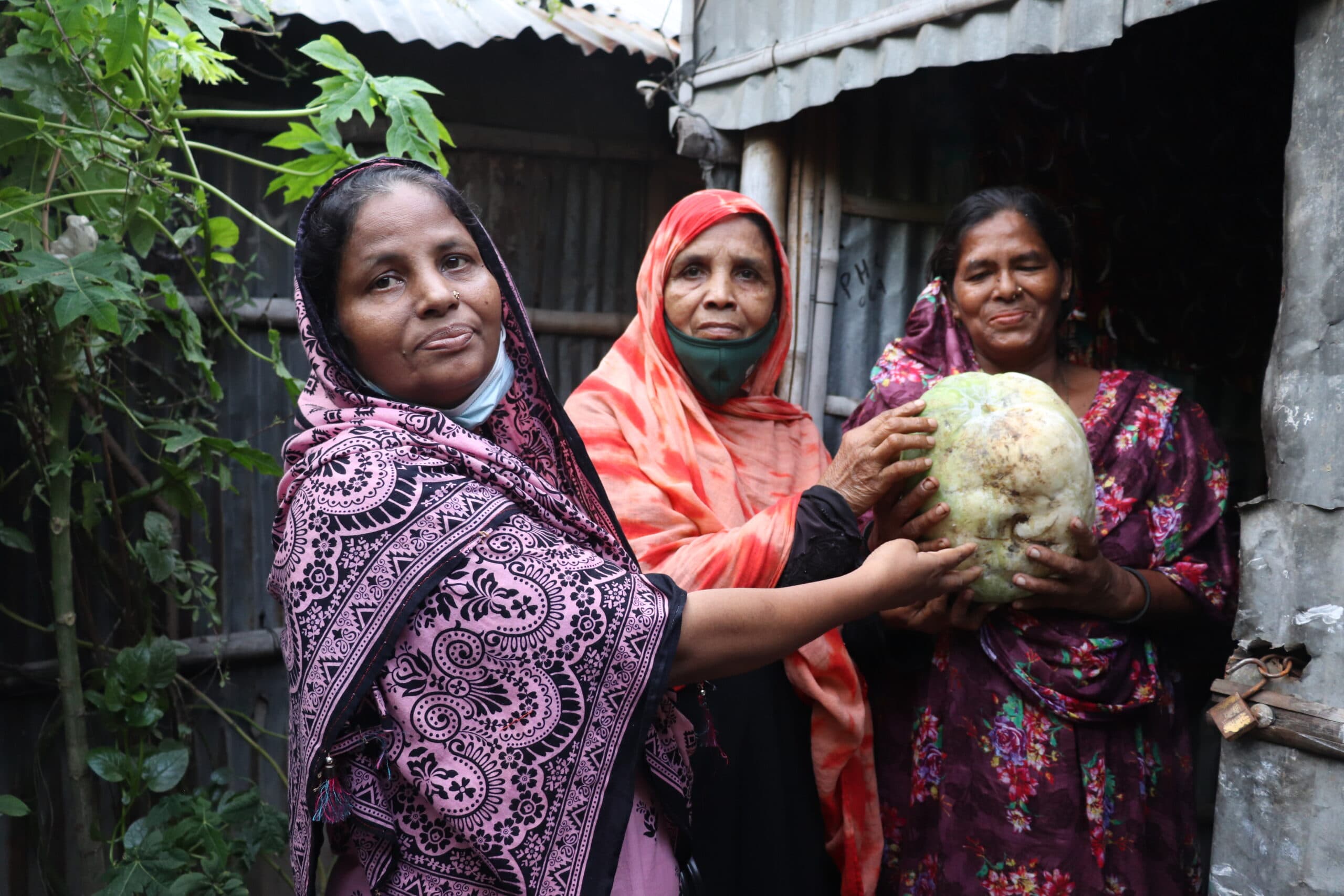
Transforming endless poverty in Balurmath slum
Balurmath slum is one of the 5,000 slums in Dhaka, the capital city of Bangladesh. It is home to more than 8,000 families. People migrated to this urban slum mainly because they lost their land, crops and houses from several disasters fuelled by climate change or because they looked for better employment opportunities.
Life in the Slum
Joshna Begum moved here two months ago. This 50-year-old lady used to live with her four daughters in her own house in Chapainawabgonj district, a city on the north bank of the Padma River near the Bangladesh-India border. However, several climatic disasters like seasonal droughts and erratic rainfalls in the area destroyed their crops. They were bound to take loans to survive, and as a result, they were in debt. Joshna thought the only way for her to repay the loan was to find a better well-paid job in the capital city. So she left her daughters in the village and stayed in a Dhaka slum while searching for a job.
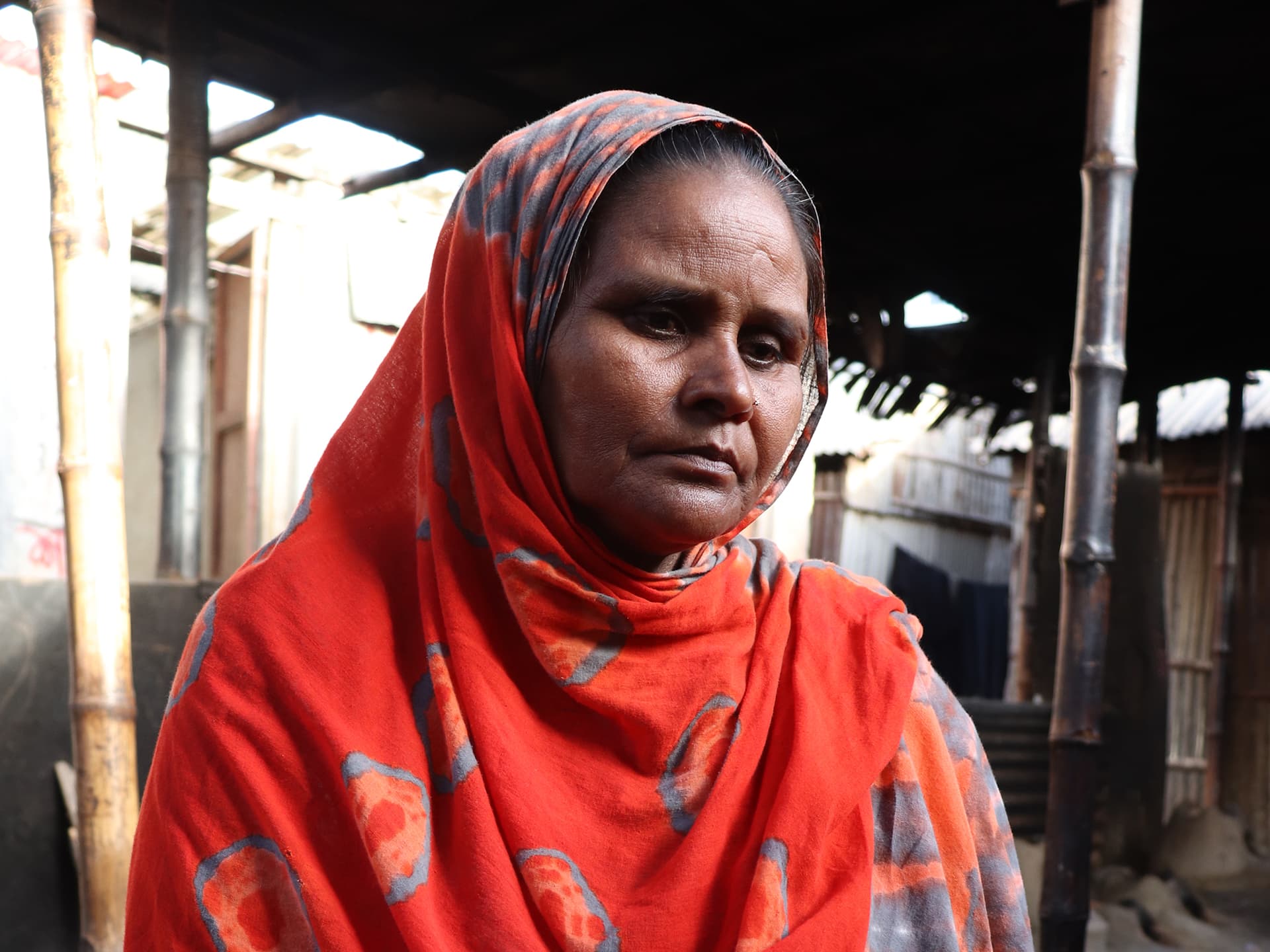
"I miss my children a lot, and I feel I do not belong here. I am no longer a mother or a grandmother to someone. I do not have any respect. Everyone calls me a slum dweller," Joshna said bitterly with tears in her eyes. She hopes to get enough savings and reunite with her family again.
Most informal settlers come from different districts and do not know each other well. Apart from losing their identity, they also share many common problems, from forced displacement, violence, stalking, and lack of proper healthcare and education for children. Additionally, the dwellers also live in poor hygiene and hazardous environment. Their houses are constructed of corrugated tin, bamboo and plastic, which become very hot in summer and cold in winter. They do not have a private toilet. On average, one single bathroom is for 25 people. No government health facilities are nearby. School dropout and child labour are very high. Most people are living from hand to mouth. Their lives are severely vulnerable.
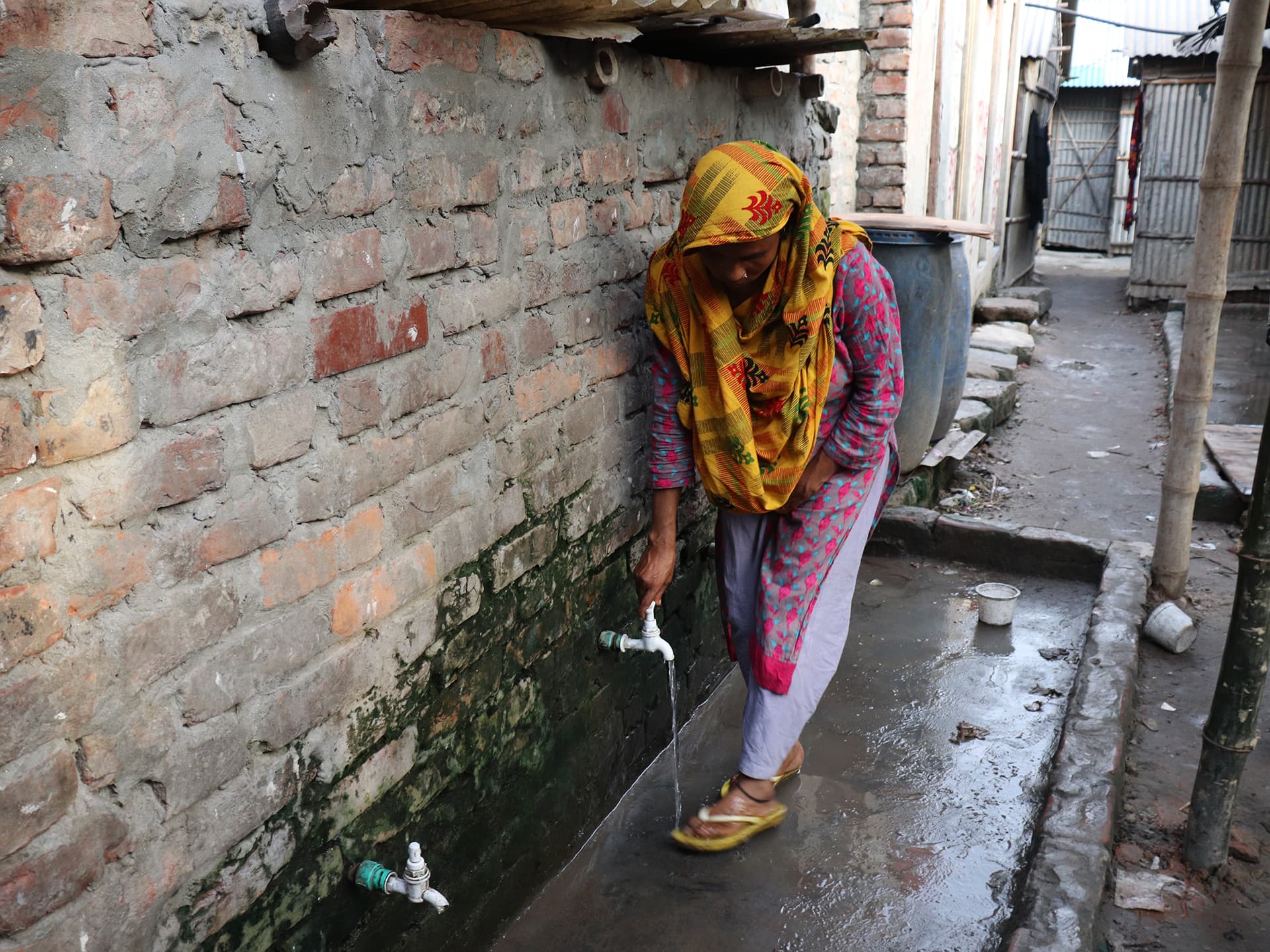
Fighting the endless poverty
Therefore, Diakonia stepped in and worked with Bangladesh Resource Center for Indigenous Knowledge (BARCIK), the local non-governmental organization in Bangladesh, to improve the livelihood of Balurmath slum dwellers and eight other slum communities. The main goal is to support the residents in finding ways out of poverty and restoring their dignity.
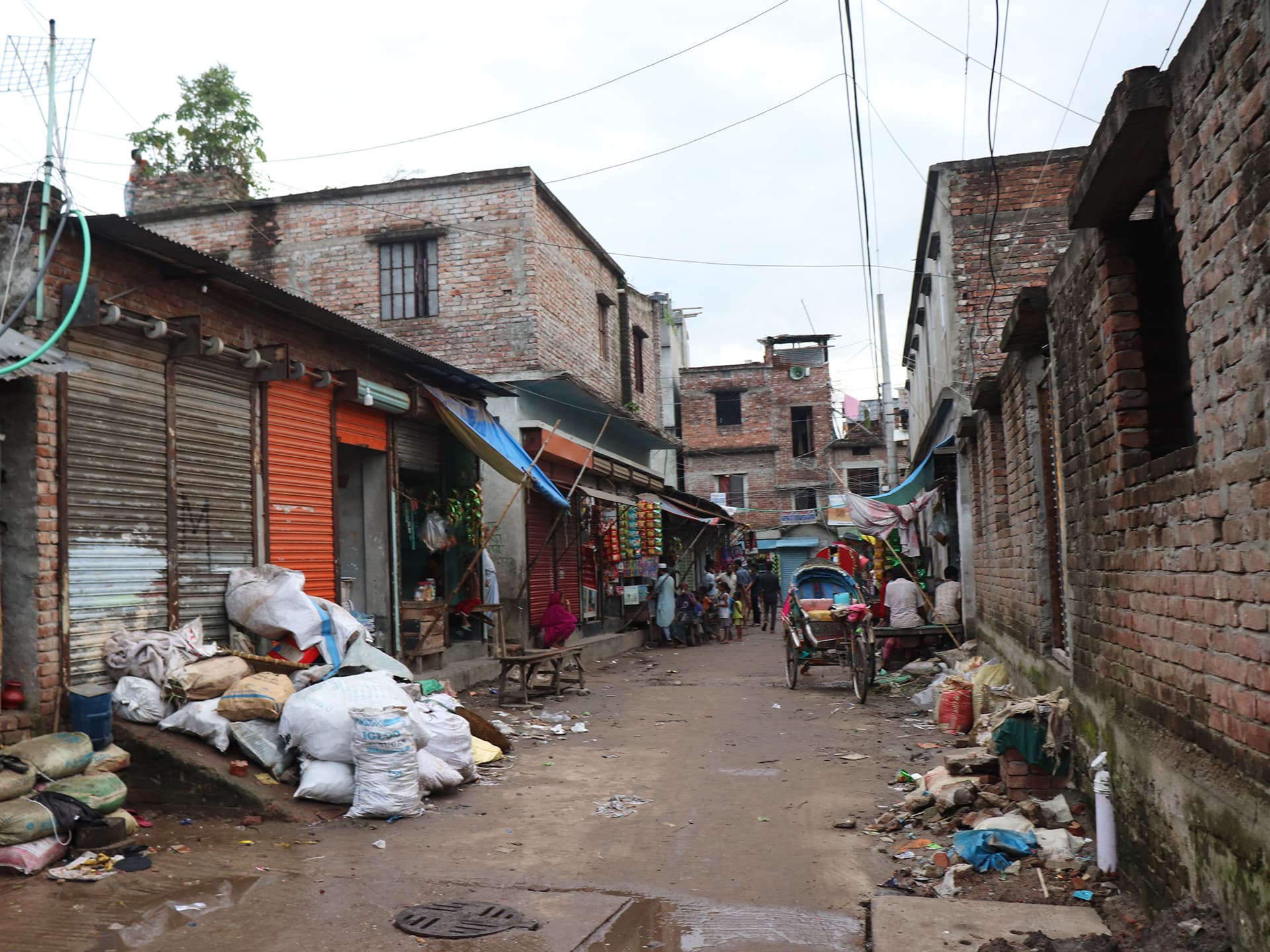
A series of meetings have been conducted with community dwellers to raise awareness of their rights to information and their rights to government services. BARCIK united the community together and helped them form a community group to support each other. Four female groups and one female youth adolescent group were founded in this slum.
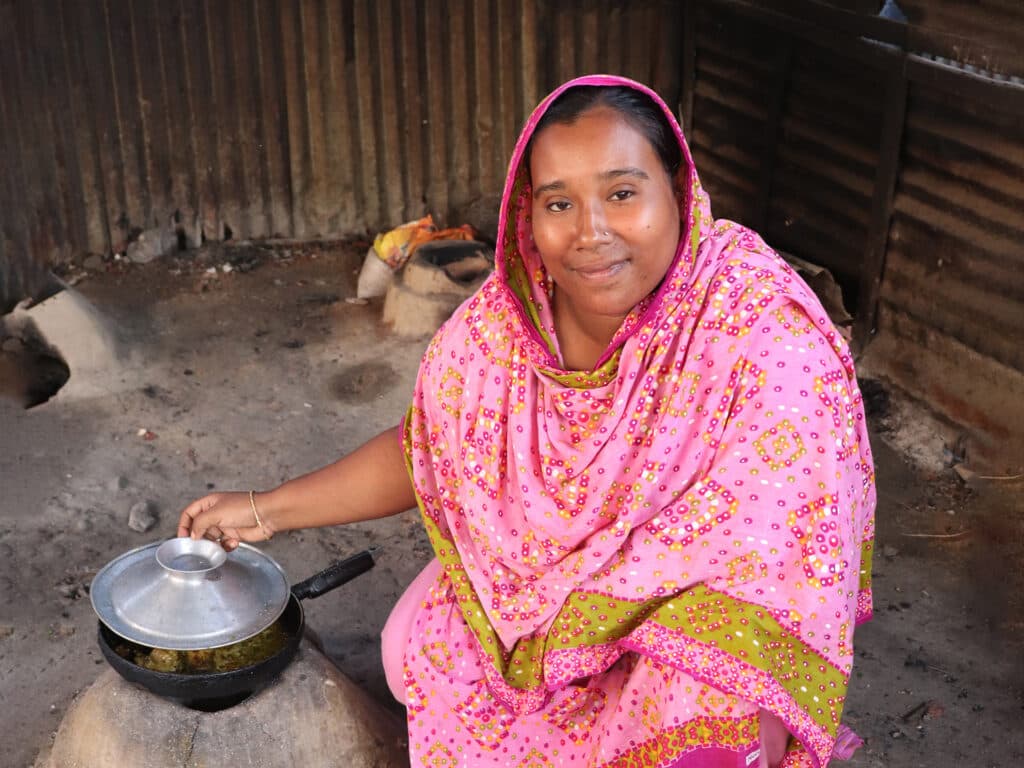
“I like the social connection here,” said Rubina Akter, a 30-year-old community dweller who is one of the members of the female group. “I came from a village in the Noakhali district. My house was submerged in flood, and everything was destroyed. It is tough for me to find a job there. Life is full of hardship.”
She said that her life changed when she participated in the gender rights-based awareness training and learnt about government services for poor women.
"Now I feel more mobilized to go out and work, thanks to BARCIK. I have a job now and work as a domestic worker in town. I hope to get more training from BARCIK, especially skill development training to generate more income and savings," added Rubina.
Improving live with vegetable seeds
Balurmath dwellers also have community leaders elected to represent the slum. They play a crucial role in claiming the rights of all residents and raising the community's issues with the government.
"I received leadership training and the opportunity to be the community's voice. People here need their own house to live in, a health service to cure their sickness and education for their children. Those are the changes I wish to see and hope to raise this to the government's attention," said Hosneara Begum Rafeza, one of the Balurmath slum community leaders.
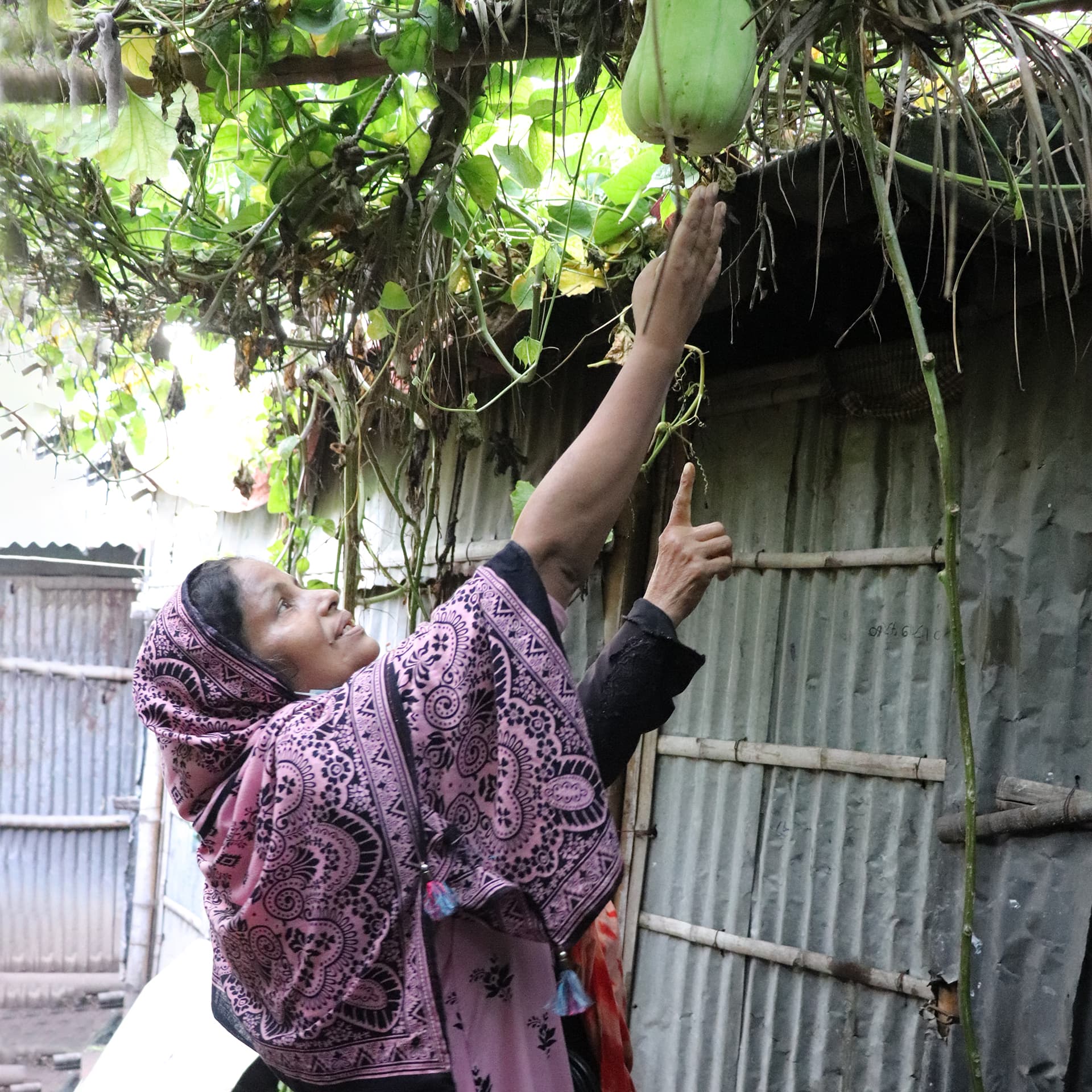
Rafeza also showed the vegetable products and rooftop gardening introduced by BARCIK. This simple yet innovative idea helps strengthen their ability to cope with the urban climatic challenge. It keeps their houses cooler in the summer and warmer in the winter season.
Zahangir Alam, BARCIK Coordinator, explained that rooftop gardening (urban gardening) is becoming popular in Bangladesh's urban areas. However, poor urban people are unfamiliar with this gardening method. So BARCIK introduced the technique and offered the training to the community.
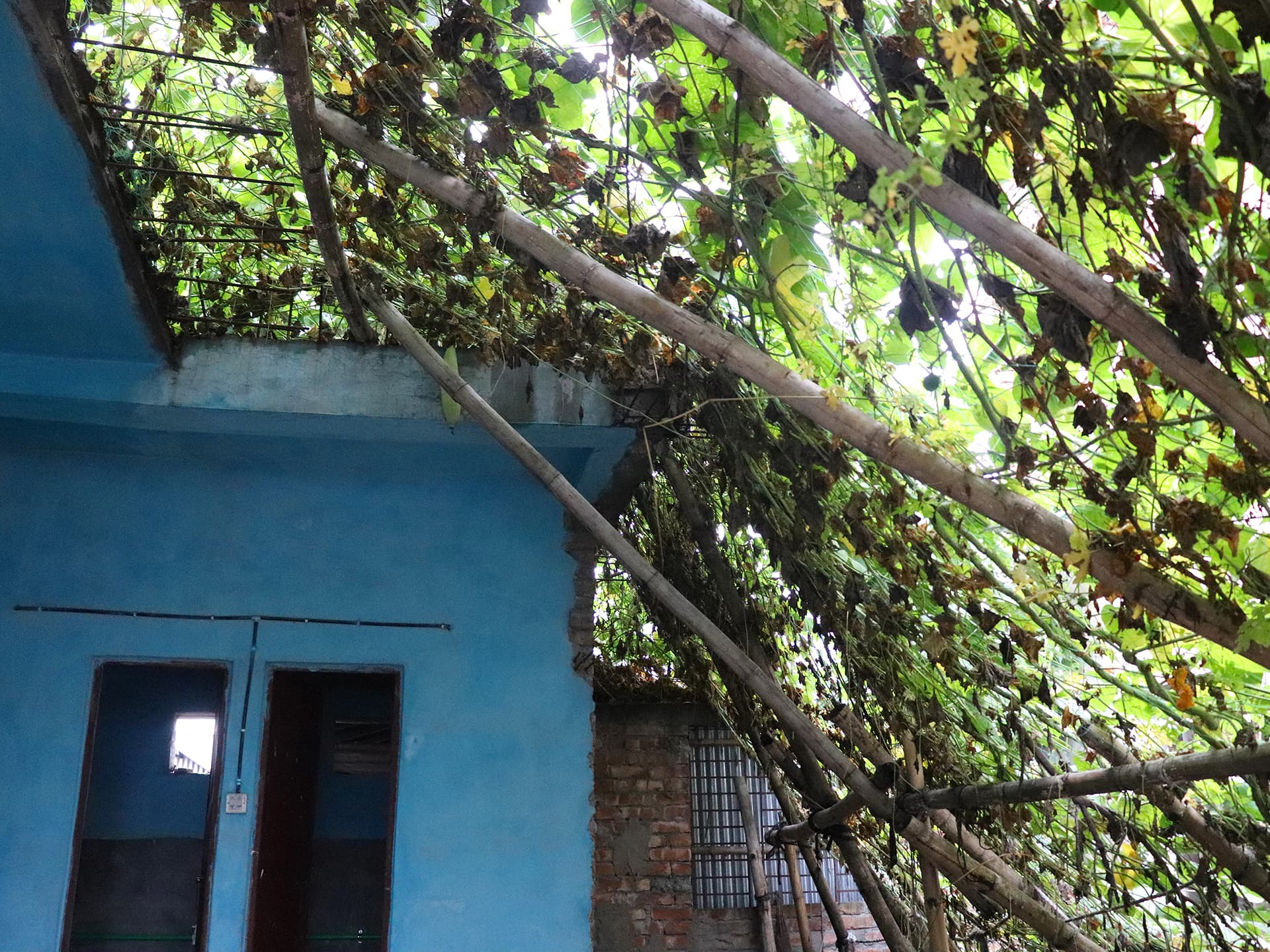
"We provided them with local vegetable seeds, equipment, and training. Now women groups are practicing this kind of rooftop gardening in the urban slum. Although it is not a practice adopted by every resident there, we have groups of people who have participated in the activities and piloted this idea," said Zahangir.
He also added that rooftop gardening helps the slum community have fresh vegetables to eat, reduces living costs, and increases their income. They can sell their vegetables, and also, they can exchange their food with their neighbours.
"The rooftop gardening also creates communal harmony among the informal settlers since many female members become inspired to produce their own crops. When women can grow vegetables in urban slums, they gain respect. It builds up dignity for them. Seed is the clue to connecting each other," concluded Zahangir.
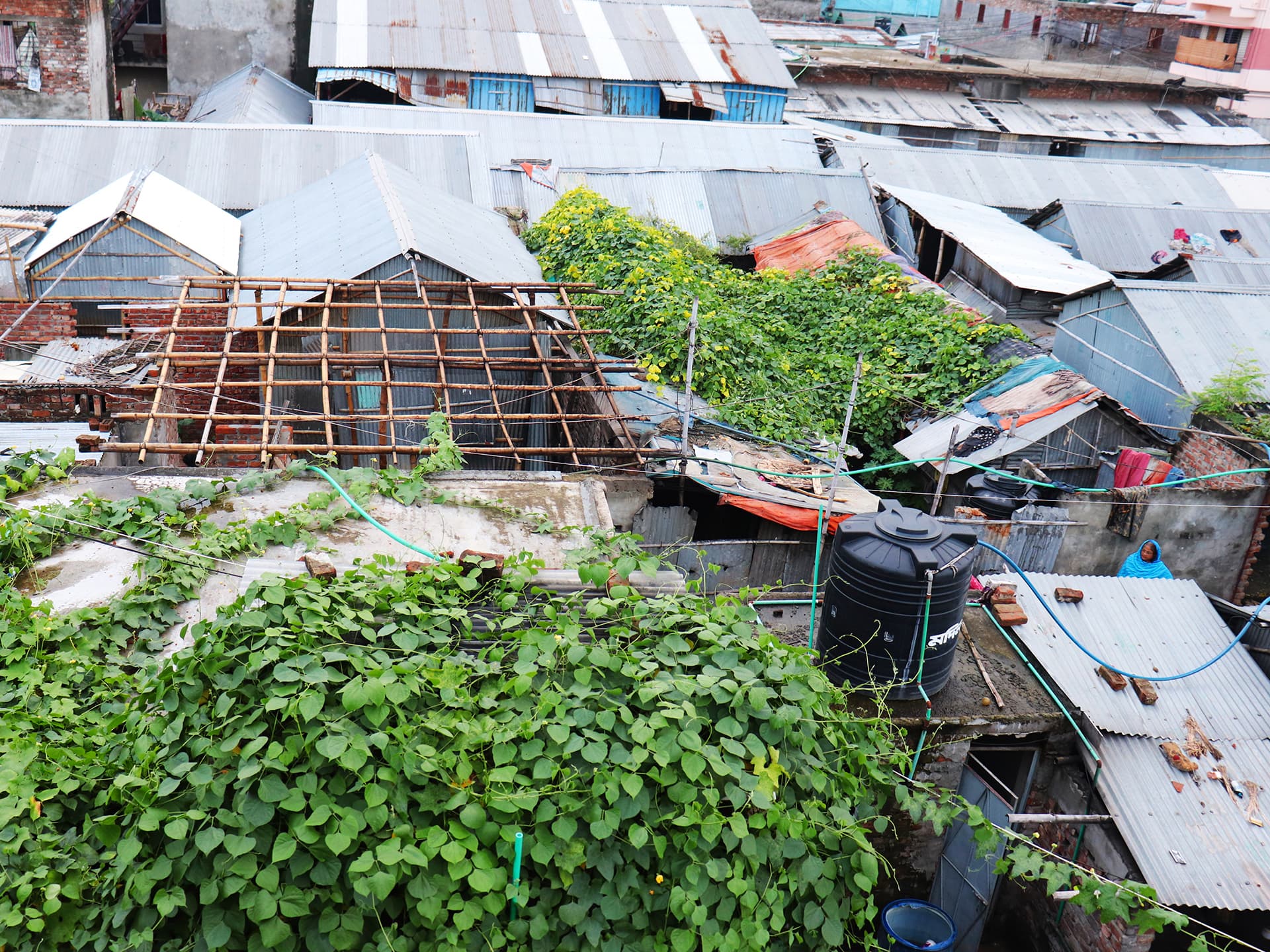
Since January 2021, BARCIK has worked with 500 families in the community. In addition to providing skill development training and agriculture knowledge, the organization also facilitates art competitions and cultural activities with the youth living in the areas and encourages the slum dwellers to participate in policy dialogues and claim their housing and other basic rights with the relevant policymakers. During the COVID-19 outbreak, BARCIK organized a policy dialogue to save urban low-income people from the disease and provided food support from different sources and protective equipment to people in the community.
Bangladesh is home to 160 million people, and around 3.5 per cent of the population is displaced internally every year, primarily to a big city like Dhaka.
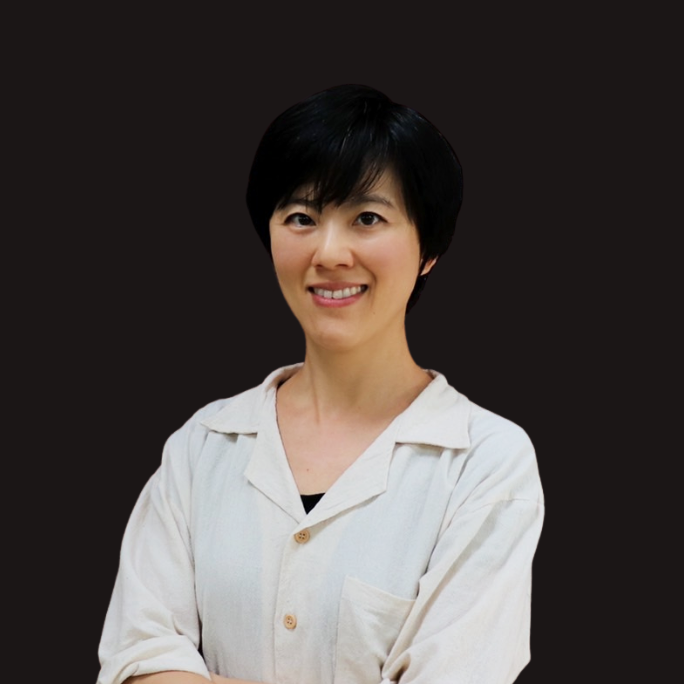
About Bangladesh Resource Center for Indigenous Knowledge (BARCIK)
Bangladesh Resource Center for Indigenous Knowledge (BARCIK) is a non-government development organization in Bangladesh established in 1997. The organization has been working in the fields of agroecology, food sovereignty, climate justice, disaster risk reduction, environmental education, biodiversity, and community-led development to facilitate the empowerment of local poor, marginal and indigenous communities, especially women, men, youth, people with disabilities, ethnic minorities. The organization has been working with Diakonia since 2011.
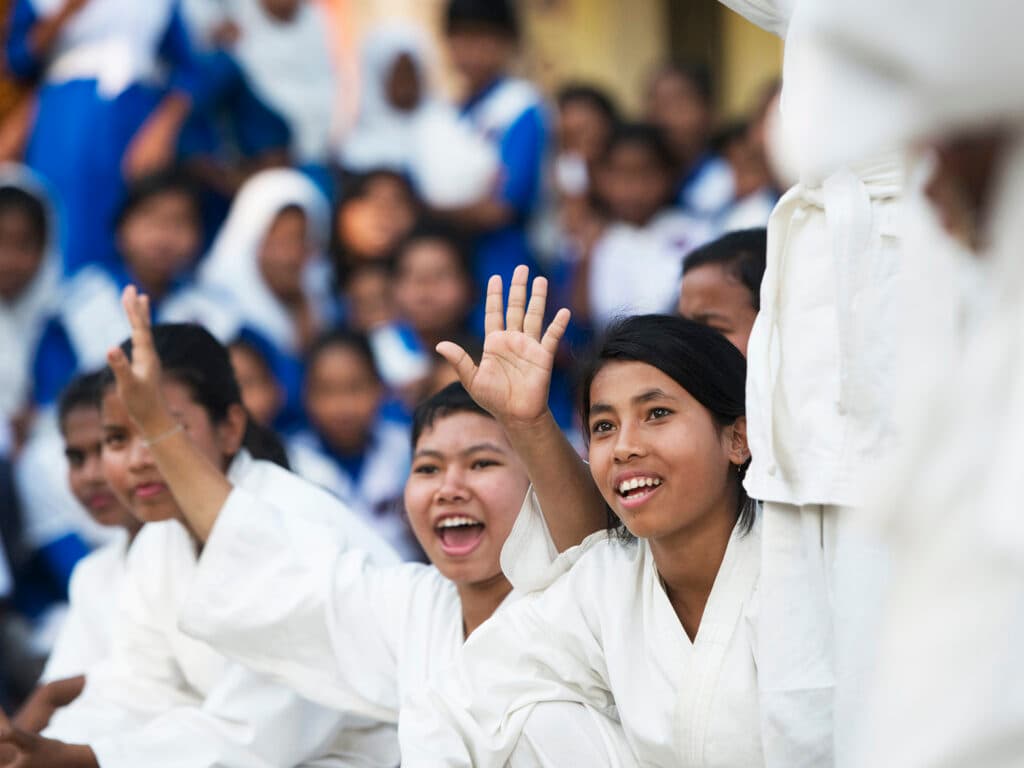
Diakonia's work in Asia
In Asia, Diakonia cooperates with partner organizations in Bangladesh, Cambodia, Sri Lanka and Thailand. The common goal for our work is to fight against poverty, strengthen gender equality and be a part of processes where the most vulnerable and exposed people have the opportunity to conquer a just and dignified life.